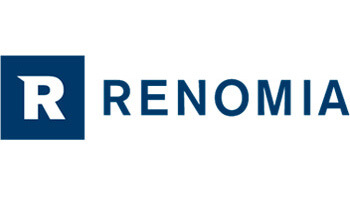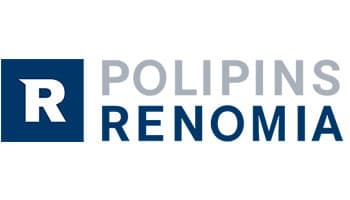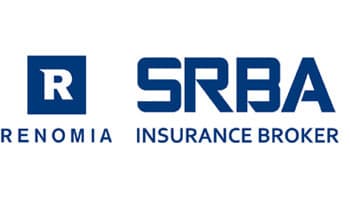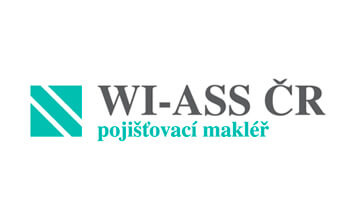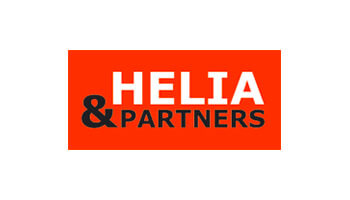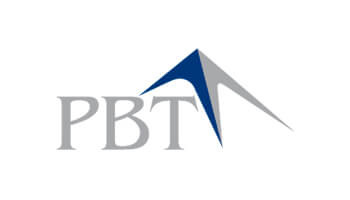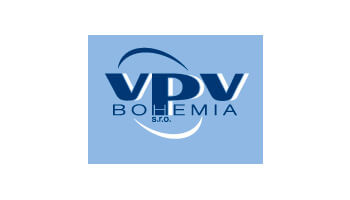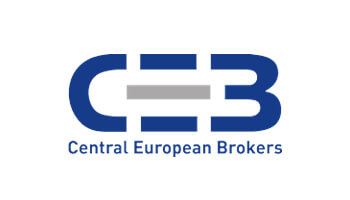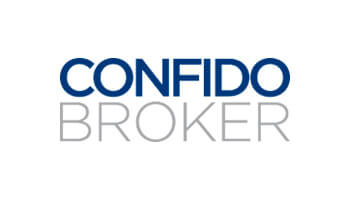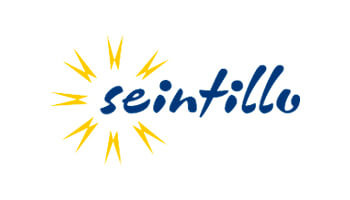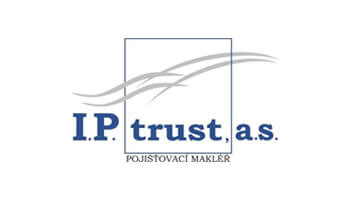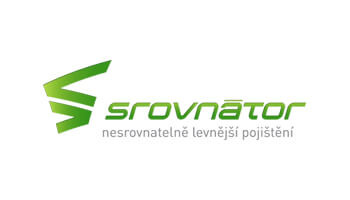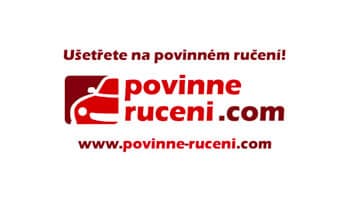This reality is also reflected in the M&A insurance market, where we see a demand for more sophisticated products.
In M&A insurance, we identify in connection with the current COVID-19 pandemic a demand for specialized insurance products, especially tax liability and contingent risk that can cover identified risks such as legal litigation cases, intellectual property issues, environmental liability or distressed assets. We actively assist our clients in finding a suitable insurance solution for their investment opportunity in close cooperation with their legal and financial advisors. For that purpose, we address the insurance market throughout the entire EU, most frequently in Barcelona, Frankfurt, London and Brussels.

In 2020 we noticed an increased demand for specific insurance lines for different reasons. This can be well documented by the following business cases. The first one involves a situation when an Asian investor considers participating in a commercial real estate developer in Central and Eastern Europe. The investor would like to minimize the potential tax risk linked to the transfer of assets to a newly created joint venture company. This case can be solved well by a tax liability policy. The second such example can be shown by the disposal of a Czech subsidiary by its US mother company to an EU investment fund. The fund historically has a negative experience with environmental issues and would like to cover this risk with an insurance policy. Environmental liability would be best suited for this case. A very detailed and high-quality due diligence, containing the quantification of potential losses and legal defense options, is a prerequisite for successful underwriting. Insurance is usually a suitable tool for risks identified as medium or low severity with up to a 70% likelihood of materializing. In case any issue is identified as high risk with close to 100% certainty of loss, insurance would not work to cover the risk. In this instance, we recommend our clients negotiate a different kind of compensation with the seller.
Warranty & indemnity and title to shares and property insurance are also used more frequently for smaller real estate transactions, where the target consists of land intended for commercial development. Sellers are often natural persons not willing to provide any kind of guarantee for the target. Title insurance often covers different defects and encumbrances, such as still not completely settled restitution claims or the invalidation of zoning and construction permits.
In the fourth quarter of 2020, investors were slowly sharpening their appetite for new acquisitions. Pre-COVID company valuations were perceived as not motivating, but sellers were not willing to lower their price. The full scale of the current slowdown and its impact on company valuations will become evident in the first six months of 2021.
The demand for the insurance of distressed assets and companies in payment default confirms the current trend where some investors are waiting for highly speculative opportunities – acquisitions of hotels and shopping centers. EU insurers expect a higher demand for insuring these specific risks. They are willing to insure companies with a sound financial background who fall into temporary payment delays due to the COVID-19 pandemic.

Hana Pavelková
Senior Specialist Real Estate, M&A, Construction
RENOMIA




